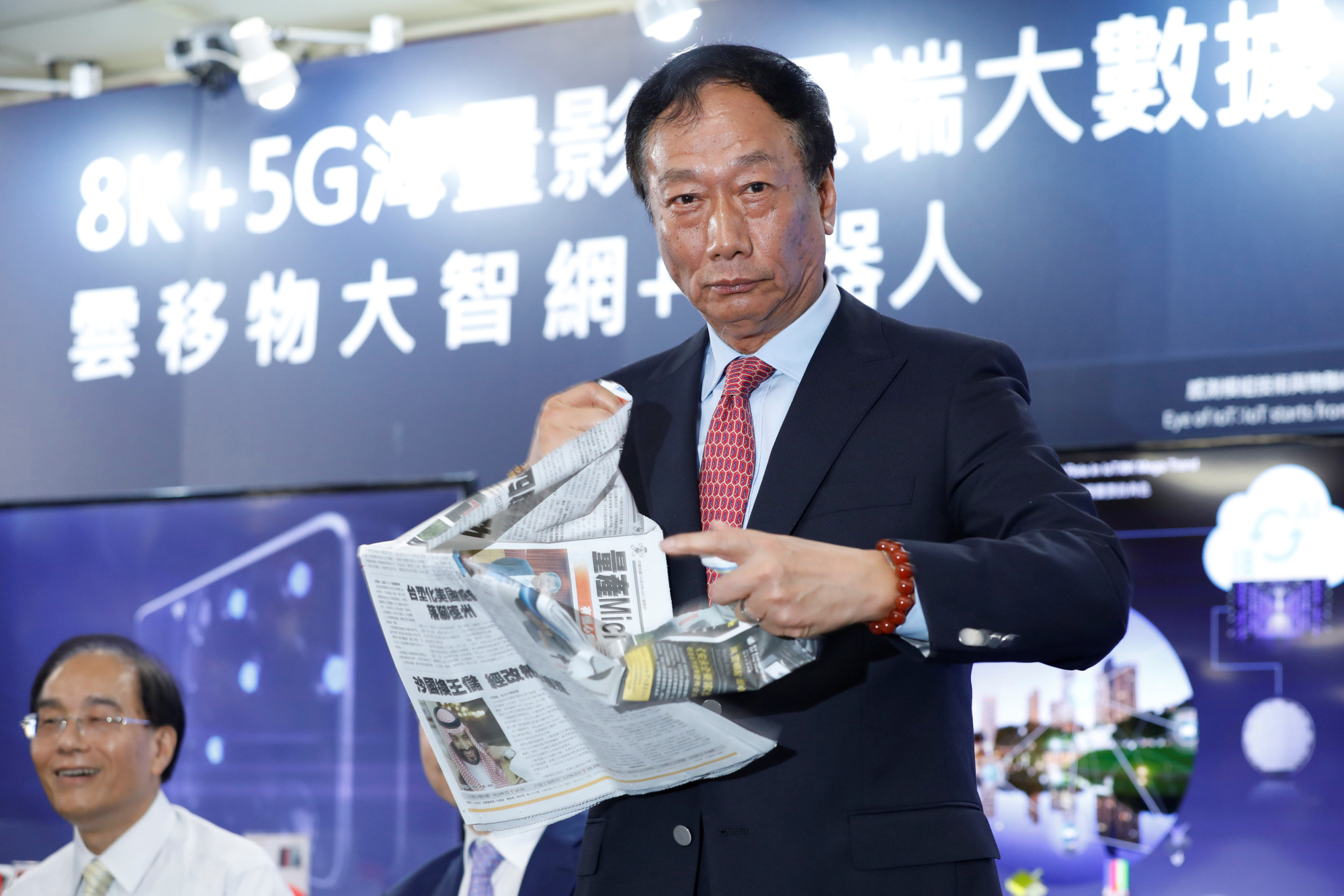Much of the economic news out of Japan these days is unusually good. Growth has picked up. Joblessness is practically nonexistent. The country even appears to be tackling some of its long-term problems. The government is breaking with its often protectionist past and finalizing a major free trade pact with the European Union.
Yet there are also troubling signs that government and business leaders still haven't learned enough from 25 years of economic drift and decay. The latest example is the saga surrounding the sale of Toshiba's chip unit. Last week, Toshiba Corp. announced it preferred a bid made by a consortium that includes a Japanese state-backed investment fund, the Innovation Network Corp. of Japan, and a state-owned development bank. If it goes through, the deal would hand the Japanese government a major role in Toshiba's chip business.
During Japan's go-go years, bureaucrats similarly tried to engineer industrial progress by directing finance to favored sectors, protecting nascent businesses and generally ordering around private enterprise for the perceived national good. That system contributed — somewhat — to the country's rapid postwar development. But as the economy advanced, meddlesome bureaucrats became a problem, not a solution. Their continued interference has misallocated financial resources, kept unproductive "zombie" firms alive and dragged down the economy's potential. There is near-universal agreement among Japan experts that the bureaucracy has to get out of the way for good if the economy is to improve.



















With your current subscription plan you can comment on stories. However, before writing your first comment, please create a display name in the Profile section of your subscriber account page.